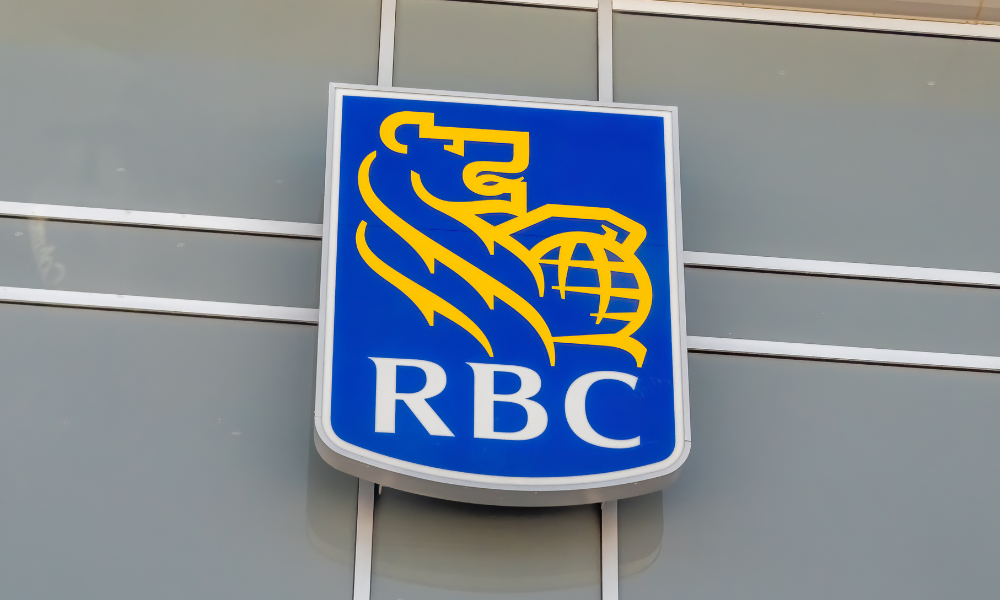

by Julien Ponthus
RBC Capital Markets joined a series of brokers lowering their 2025 expectations for the US stock market amid darkening earnings forecasts, a possible economic slowdown and mounting uncertainty from trade wars.
The RBC strategy team led by Lori Calvasina cut its year-end target for the S&P 500 Index to 6,200 points from 6,600 and lowered its earnings per share expectations by 2.5%, citing a dimmer outlook for the economy. The new target is 9.9% above Friday’s close.
“Historically, the dialing down of economic growth on its own presents a significant headwind for the stock market to overcome,” the strategists wrote in a note, pointing to fading sentiment signals across consumers, small businesses, corporates and weakening support for President Donald Trump.
They also lowered their year-end bear case for the S&P 500 to 5,550 from 5,775.
The S&P 500 last week hit a 10% drop from its February all-time high, the definition of a correction.
David Kostin, chief US equity strategist at Goldman Sachs Group Inc., last week reduced his full-year earnings growth estimate to 9% from 11%. He also now sees the S&P 500 ending the year at 6,200, down from a previous forecast of 6,500.
Deutsche Bank AG said Friday it sees the US equity selloff going to further as bullish positioning continues to unwind amid trade policy uncertainty, at least until tariffs take effect on April 2. The bank maintained its year-end target of 7,000 for the S&P 500.
Other sell-side strategists warning about market uncertainty including JPMorgan Chase & Co., which notes potential policy downsides.
Morgan Stanley’s Michael Wilson, for his part, expects the S&P 500 to drop to 5,500 in the first half of the year, which would provide a floor for the market to rebound.
The performance of US stocks contrasts with buoyant European shares, with the Euro Stoxx 50 index gaining about 10%, lifted by hopes of peace deal between Ukraine and Russia, lower interest rates and the economy bottoming out.
Copyright Bloomberg News

From outstanding individuals to innovative organizations, find out who made the final shortlist for top honors at the IN awards, now in its second year.

Cresset's Susie Cranston is expecting an economic recession, but says her $65 billion RIA sees "great opportunity" to keep investing in a down market.

“There’s a big pull to alternative investments right now because of volatility of the stock market,” Kevin Gannon, CEO of Robert A. Stanger & Co., said.

Sellers shift focus: It's not about succession anymore.

Platform being adopted by independent-minded advisors who see insurance as a core pillar of their business.
RIAs face rising regulatory pressure in 2025. Forward-looking firms are responding with embedded technology, not more paperwork.
As inheritances are set to reshape client portfolios and next-gen heirs demand digital-first experiences, firms are retooling their wealth tech stacks and succession models in real time.
